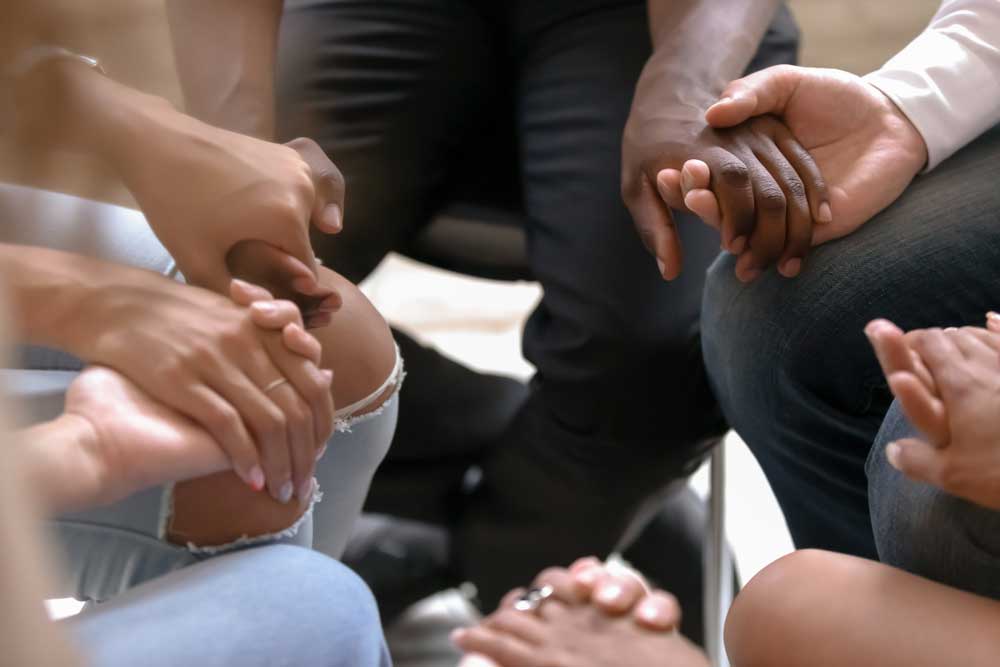Suicide ranks as the tenth-leading cause of death in the United States, the American Foundation for Suicide Prevention (AFSP) reports, and an estimated 1.4 million suicide attempts took place in 2017. Yet there are many ways to promote suicide education and prevention, and to support suicide loss survivors around the world, such as:
1. Promote Self-Care
A survivor of suicide loss is susceptible to a wide range of powerful emotions, including shock, anger, guilt, despair, and confusion, and these emotions may continue for weeks or months after the loss of a loved one to suicide. It is important to realize that the aforementioned emotions are only temporary, but self-care activities may help a person move past them.
There are many ways to practice self-care, such as going for a walk outdoors, getting a massage, and volunteering in your community. If you’re coping with the loss of a loved one to suicide, try different self-care options that make you feel good. You can also encourage someone struggling with the loss of a loved one to do the same.
2. Review Survivor Loss Resources
The loss of a loved one to suicide often raises questions and concerns that can be virtually impossible to answer, but resources are available to help you cope.
For example, you can read a book or watch a film from the AFSP’s book and film recommendations for suicide loss survivors. You can also contact the National Suicide Prevention Line for additional guidance and support.
3. Engage in a Group Discussion
Losing a loved one to suicide can be a difficult topic to discuss, but engaging with others in a group discussion about this subject may be helpful. With a group discussion, you and others coping with the loss of a loved one can share your thoughts and feelings with one another, without blame, shame, or guilt.
Use the AFSP’s group discussion guidelines to create a dialogue with family members, friends, and others around suicide loss. AFSP also offers suicide loss support groups in cities and towns across the United States.
4. Speak Out About Suicide
Education plays a key role in suicide prevention. If you feel comfortable, you can speak out about suicide and share your story with others. This allows you to educate others about the dangers associated with suicide.
If you decide to express your thoughts and feelings about suicide, follow the advice in AFSP’s speak out about suicide guide to share your suicide loss story or encourage others to share their stories.
5. Seek Out Professional Help
Complicated grief can make it difficult for a person coping with suicide loss to function. If grief continues beyond 12 months after this loss, an individual may want to pursue professional help.
Psychotherapy may be a good option for an individual dealing with the loss of a loved one to suicide. This form of therapy can help an individual develop coping strategies to manage his or her emotions.
In addition to psychotherapy, antidepressant medications may be used to help a person manage his or her complicated grief symptoms. Medications may be prescribed on their own, or used in combination with psychotherapy, to help a person cope with the loss of a loved one to suicide.
Suicide loss survivors may cope with Major Depressive Disorder (MDD) that causes fatigue, body aches, and other physical symptoms, as well as anxiety, stress, and various emotional symptoms. Thus, different coping strategies and treatment methods are often needed to help survivors of suicide loss manage these symptoms.
At Achieve Concierge, we understand the physical and emotional challenges associated with recovering from the loss of a loved one, and engage our patients on multiple levels of care. That way, we provide each patient with a total wellness experience to treat the mind, body, and spirit. To learn more, please contact us online, or call us today at (619) 393-5871.



